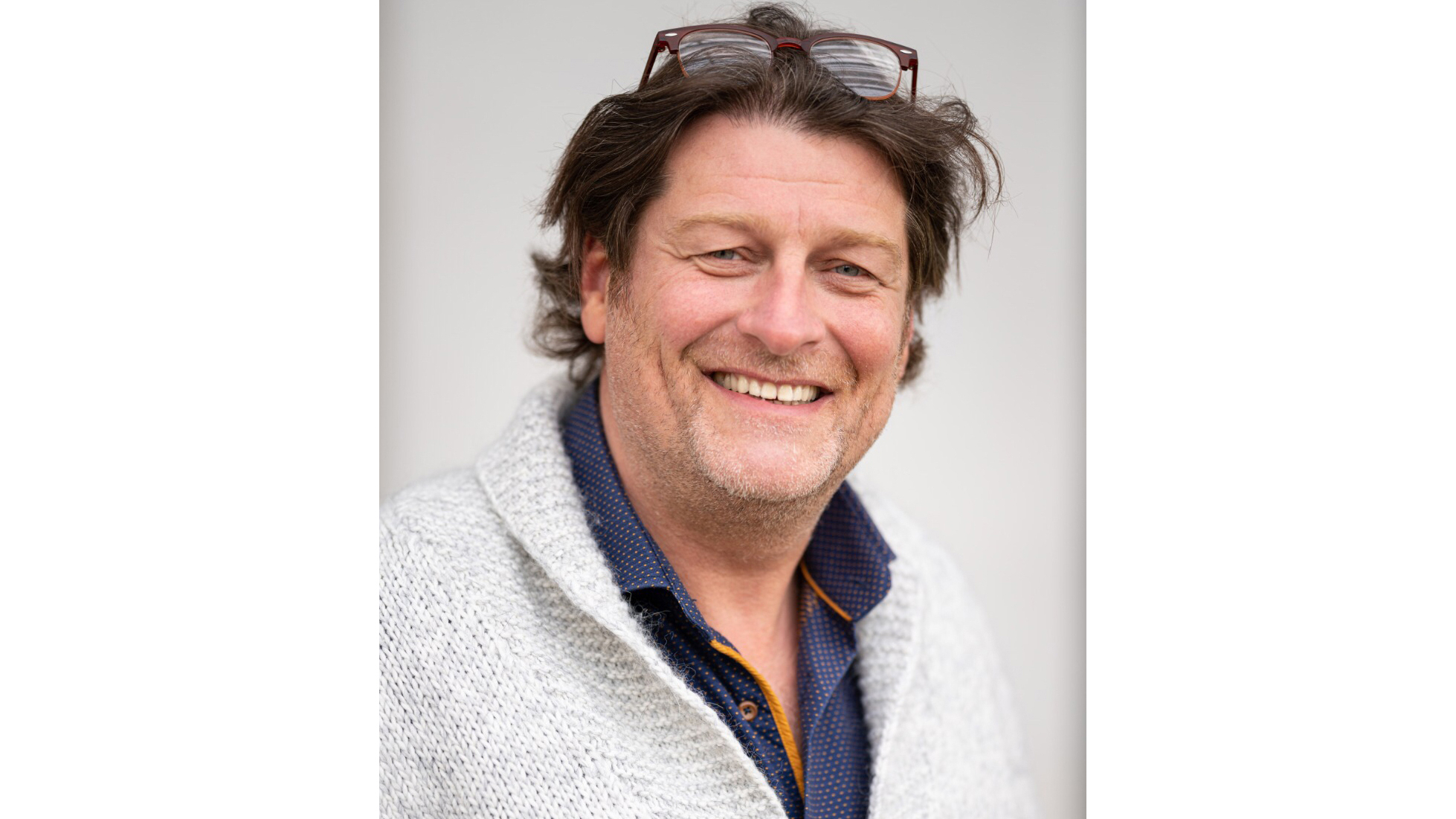The Dutch company SALD BV has also chosen the abbreviation for the surface technology Spatial Atomic Layer Deposition as its name. The Eindhoven-based company has developed a multi-patented process for applying coatings that are as thin as a single atom on an industrial scale and has already doubled its turnover from 2020 to 2021.
CEO Frank Verhage also expects sales to double again in 2022: "The technology has the potential to revolutionize entire industries."
As Verhage explains, four SALD machines are now in use worldwide, with three more to be delivered by the middle of the year. According to the CEO, more than 45 industrial companies around the world are busy integrating SALD technology into their production processes.
This process is also supported by three EU projects in which SALD is involved; inclusion in two further EU projects is expected before the end of the year. SALD is also involved in development projects of the Dutch government technology fund 'NXTGEN Groeifonds', which are scheduled to start in 2023. "The leap from the laboratory to mass production is taking place in many different ways," says Verhage. SALD BV has its sights set on three markets in particular: efficient solar cells, long-lasting batteries and environmentally friendly packaging.
In the solar industry, SALD coatings for the new generation of perovskite silicon tandem solar cells can achieve efficiency levels in power conversion that are far above the theoretical limit of pure silicon. In lithium-ion batteries, a SALD layer, which protects the electrodes from the electrolyte, increases stability and prevents the formation of harmful dendrites.
Coating with SALD is ideal for the production of next-generation fast-charging high-performance solid-state batteries. In the packaging industry, SALD can be used to create airtight barrier layers that increase the shelf life of packaged goods and reduce the use of plastics or other packaging materials.
plastics or other packaging materials.
In addition to these three areas of application, SALD technology can also be used in numerous other areas, the company emphasizes. Examples include electrolysis, fuel cells and optical devices.


